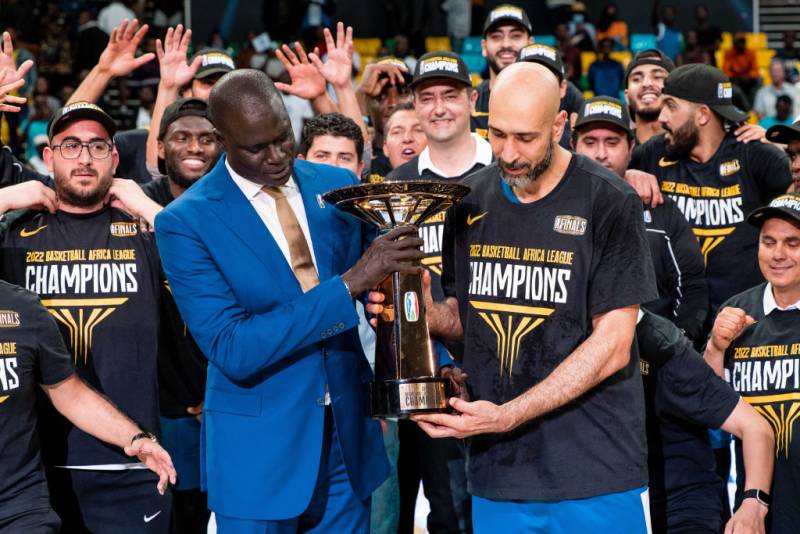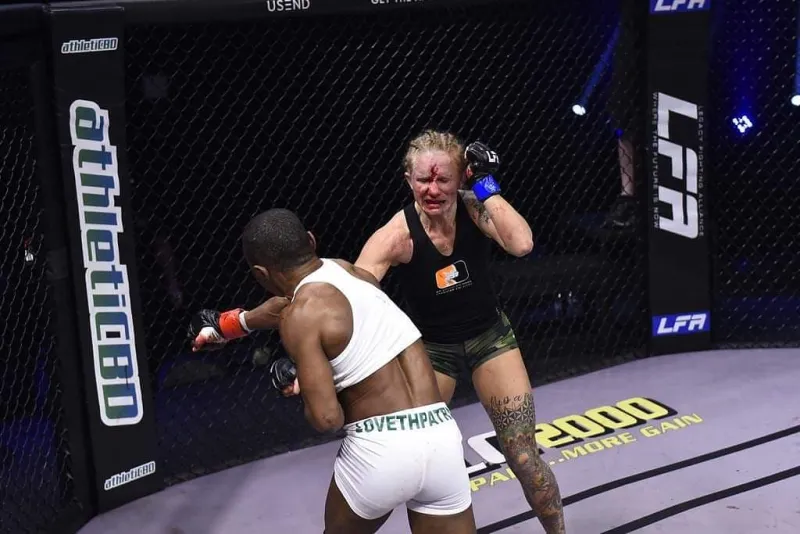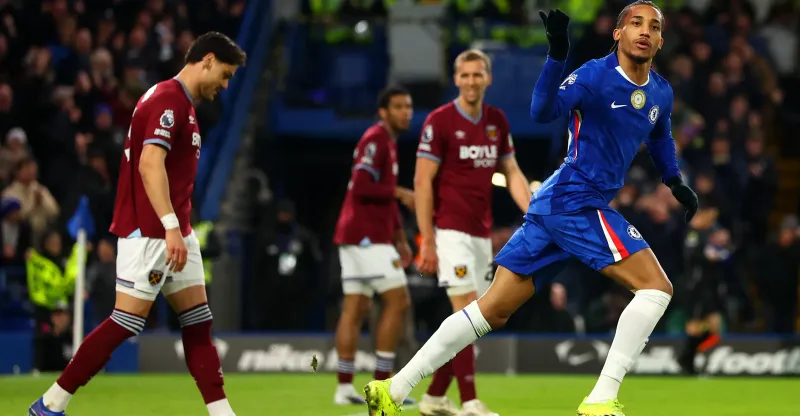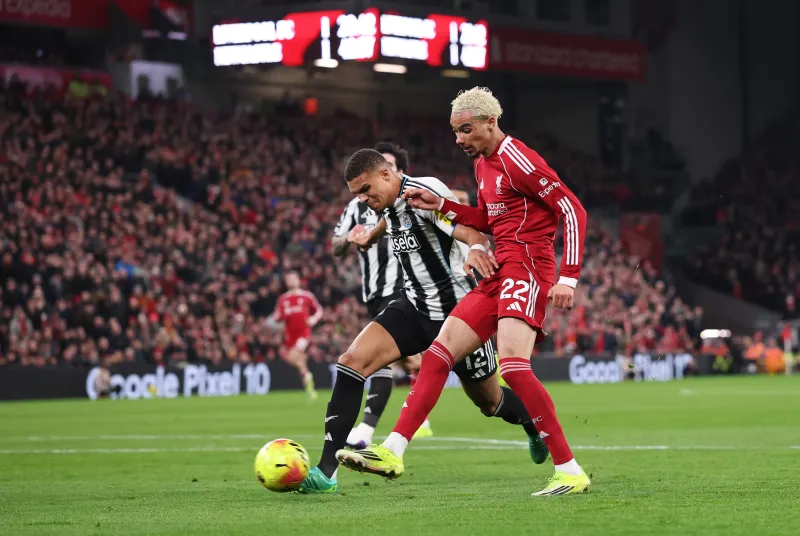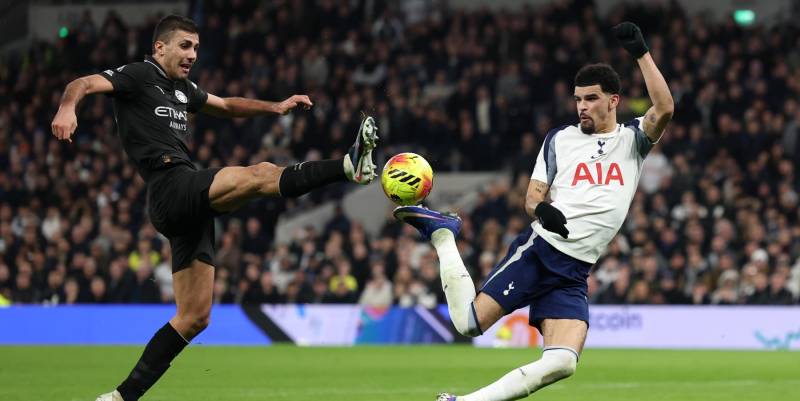The third-year-old pan-continental club competition begins in Dakar on March 11 and will follow the same format as the previous year, with 12 teams competing in two regional conferences for a spot in the play-offs in Kigali, the capital of Rwanda, in May. After defeating Petro de Luanda of Angola 83-72 in the 2022 championship game, Tunisian champions US Monastir are likely to be the team to beat this time around. For the heartbreak of losing the previous year's showpiece to inaugural winners Zamalek of Egypt. The idea is that increased exposure to top-tier competition will raise standards across the board when it comes to homegrown talent, with each team only permitted to sign a maximum of two non-African players for its 12-man roster. The opening fixture of this year's BAL sees Senegal's AS Douanes up against debutants Abidjan Basket Club Fighters of Ivory Coast (16:00 GMT). The Fighters may be new to the competition but their coach, Liz Mills, is not, having led Moroccan side AS Sale last season. The Australian also had a spell in charge of the Kenyan national team and has been working in men's basketball in Africa for over 10 years.
One competition, two conferences The Fighters and Tigers were two of six teams who had to go through qualifying rounds to reach BAL (the others being Stade Malien of Mali, Uganda's City Oilers, CFV Beira of Mozambique and Guinea's Seydou Legacy Athlétique Club). The other six teams qualified through their national leagues. The 12 qualifiers have now been split into the Sahara Conference, which is the one taking place in Dakar in March, and Nile Conference, which will play out in late April and early May. Sahara Conference (11 - 21 March) ABC Fighters (Ivory Coast), AS Douanes (Senegal), Kwara Falcons (Nigeria), REG (Rwanda), Stade Malien (Mali), US Monastir (Tunisia) Nile Conference (26 April - 6 May) Al Ahly (Egypt), Cape Town Tigers (South Africa), City Oilers (Uganda), CFV Beira (Mozambique), Petro de Luanda (Angola), SLAC (Guinea) The top four from each conference will progress to the quarter-finals of the play-offs in Kigali, with the final taking place on 27 May.

Related article - Rally: Passion-Led Investing
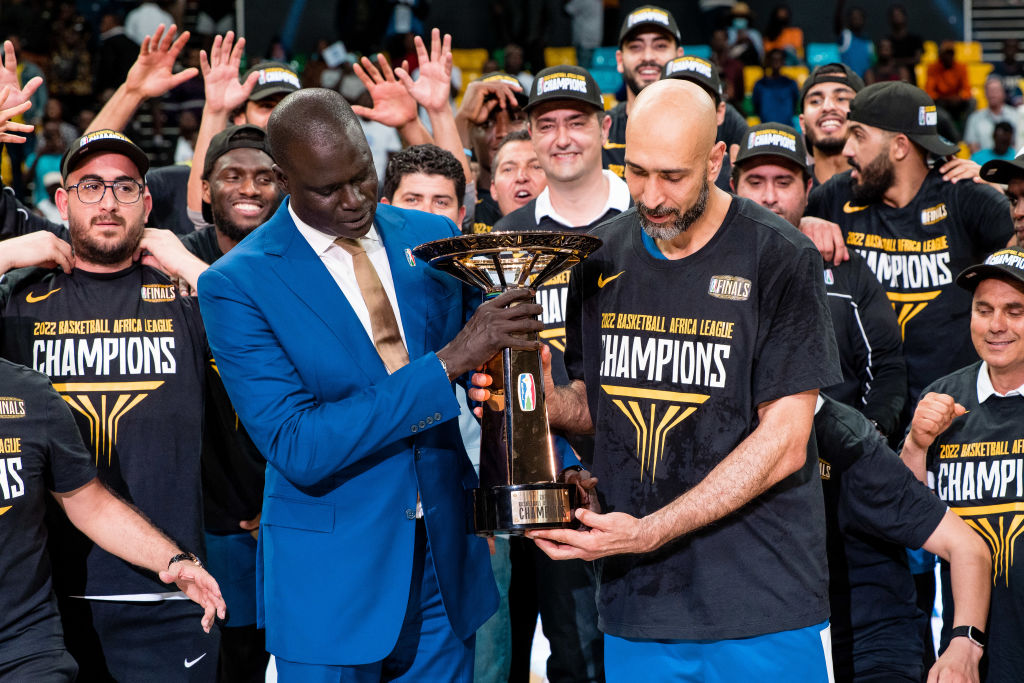
'The talent is here in Africa' - Fall, who helped set up the BAL project, believes the first two editions have already had a tremendous impact on basketball culture in Africa. "Teams in general are working hard to get organised," he told BBC Sport Africa. "To position themselves to have a chance to win their local championship and qualify for the Basketball Africa League. ''We believe in basketball in Africa," he added. "This is why we've been involved here for many decades. We focused on making sure that we lay the foundation, we put in the first basic elements that you need for long-term sustainability. "That is how to make the game accessible, for you to have more young boys and girls who will be bouncing the ball, getting interested in playing basketball. "The talent is here in Africa.''
For Fall, the next stage of the project is to stop that talent draining overseas, as has happened with players in the past, many of them never to return. "Africa needs to make sure that we don't only export talent, but we should also build valid value around our talent," said the Senegalese, who worked as an administrator for NBA side the Dallas Mavericks for eight years before taking control of NBA activities in Africa. "It's just a question of bringing the expertise and creating the environment."
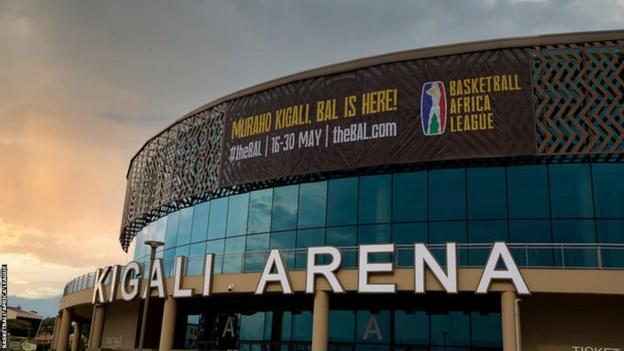
"We're feeling very confident, knowing that we've been at this level before, and we're really excited to be playing in the first game of the tournament," she said. "Over the last two decades we have competed in the Africa Champions Cup, which was a competition before the NBA and Fiba [basketball's governing body] merged into the Basketball African League, as well as imports that bring a vast wealth of experience. "We're going to see some upsets, we're going to see some surprises. Obviously, there's some favourites, but I think realistically we're definitely one of the teams that could win the title." While Mills has years of experience to call on, South Africa's BAL representatives, the Cape Town Tigers, are mere cubs by comparison. "We don't have a national league that's playing yearly like a lot of these countries do," head coach Raphael Edwards told BBC Sport Africa. "Our team is only 18 months old. And in our first season, we came from not playing competitive basketball, just practicing with each other, to go all the way to the quarter-finals."
Having surprised a few people by making last year's play-offs, the Tigers were quickly slapped down in the play-offs, crushed by US Monastir by a 39-point margin. "They overpowered us in the fourth quarter," admitted Edwards. But the upward trajectory of a new team such as the Tigers is exactly the kind of development those behind the BAL were hoping for - and Edwards believes their progression is clear to see. "We're much improved since then. We've had tons of friendly games to prove that, with Petro de Luanda, with the NBA Academy, other teams from Mozambique. "We're getting closer to playing a great brand of basketball."
"Anything is possible," according to Mills. "On any given day, anybody can beat anybody. That's the beauty of African basketball." Most of the non-African players in the competition are, perhaps unsurprisingly, from the United States. Despite wanting BAL to be a springboard for African talent, Fall claims the international stars are also proof of progress. "US basketball players have always been in demand everywhere around the world. We want high quality players to want to come and play in our leagues," he explained. "Players wouldn't have considered Africa in the past because of economic and other factors. I think it's a great sign that they actually want to come and play.''
BBC SPORT
